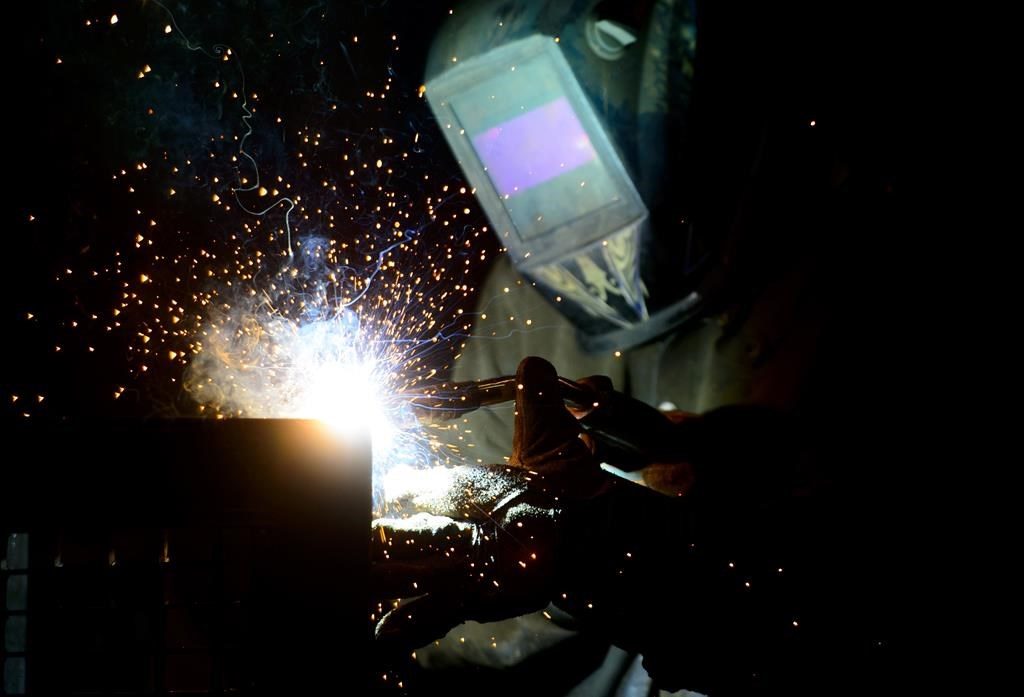Dozens more items added to list of recalled XL beef products
Posted Oct 4, 2012 07:56:25 AM.
This article is more than 5 years old.
VANCOUVER (NEWS1130) – Check your fridge!
Dozens more products have been added this morning to the list of more than 1,500 recalled beef products from XL Foods in Alberta.
- Click here for the latest recall information from the Canadian Food Inspection Agency
But if you are a committed carnivore who is beginning to think a vegetarian lifestyle might be safer, don’t panic!
“Say you’re a consumer and you hear the words ‘E. coli disease recall’; you might think you’ll never eat meat again. That’s not what you should do,” says Sally de la Rue Browne, an environmental health officer and food safety consultant in Vancouver.
“It doesn’t mean that all the meat you are going to buy is a problem, because it isn’t,” she emphasizes.
“The meat that has been recalled is because [E. coli] is overgrown on the food and the risk is great, so it has been pulled from shelves. For the general public, you want to watch for the source [and] buy it from an approved supplier, which you do when you go to the supermarket. You also want to make sure that the meat, when you receive it and prepare it, is cooked thoroughly,” explains de la Rue Browne.
That means making sure hamburger, the most common source of E. coli, is thoroughly cooked until it is no longer pink and to an internal temperature of at least 165 degrees Fahrenheit (74 degrees Celsius), killing the bacteria.
“You should also remember to keep your raw and cooked foods separate, so if you have a plate full of raw hamburger patties, you do not put the cooked patties back onto the raw plate because E. coli can be spread through cross-contamination,” she adds.
Hand-washing is also a key safety measure, along with ensuring all knives and cooking surfaces are clean and keeping uncooked meat at the right temperature.
“You have two hours before you hit the danger zone,” says de la Rue Browne. “If you can complete your shopping and get back to put the meat in the fridge within two hours, then you should be okay. It depends, too, on how the meat is wrapped; if it’s leaking a bit and if you place it with other items, then they can get cross-contaminated, too.”
If you do have some recalled meat, don’t try to cook it and think it will be safe.
“Normally, when you take a piece of meat and cook it properly, it kills everything off because cooking is one of your best control measures. But in this case, the beef products and all the other products included may have been contaminated with E. coli on a larger scale so, even if you do cook it, it’s possible the E. coli would still be there. If the bacteria has overgrown in large numbers, it’s not possible to remove it simply by cooking. That’s the reason for the recall,” explains de la Rue Browne.
“The risk is serious because it can cause kidney failure, dehydration, and severe diarrhea, especially in young children. You can become quite sick,” she points out.
Sally de la Rue Browne has more on her website. You can also check her out on Facebook.










